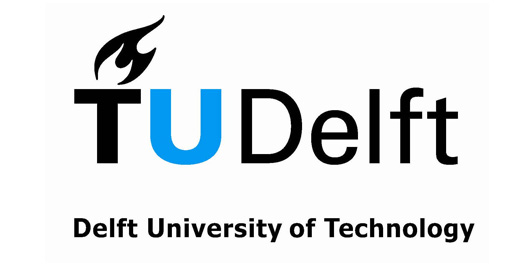Themis is a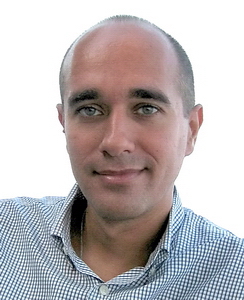 professor in LIPADE, the computer science department of the Paris Descartes University and a director of the Data Intensive and Knowledge Oriented Systems (diNo) group. He is also very active in the data management and engineering community as Research Track Associate Editor for VLDB, Editor in Chief for the Big Data Research (BDR) journal, and Associate Editor for the Transactions on Knowledge and Data Engineering (TKDE) journal.
professor in LIPADE, the computer science department of the Paris Descartes University and a director of the Data Intensive and Knowledge Oriented Systems (diNo) group. He is also very active in the data management and engineering community as Research Track Associate Editor for VLDB, Editor in Chief for the Big Data Research (BDR) journal, and Associate Editor for the Transactions on Knowledge and Data Engineering (TKDE) journal.
Professor Palpanas’ research is on problems related to online and offline data analytics (focusing on fast streams and massive collections). His group has world-leading expertise on time series management, indexing, and mining. Together they have developed the current state-of-the-art data series indexes, iSAX2+ (bulk loading) and ADS+ (adaptive indexing), the only data series query workload benchmark, as well as DSStat, a toolset for data series preprocessing and visualization.
They have applied their techniques on streaming and uncertain data series, and have worked with data from diverse domains, such as home networks, road tunnels, and manufacturing. The CrowdSignals.io data will significantly help their efforts in building efficient tools for the management and analysis of such data, as well as in delivering effective applications to end users for capitalizing on the data they produce.
Learn More:
Professor Themis Palpanas
The diNO group

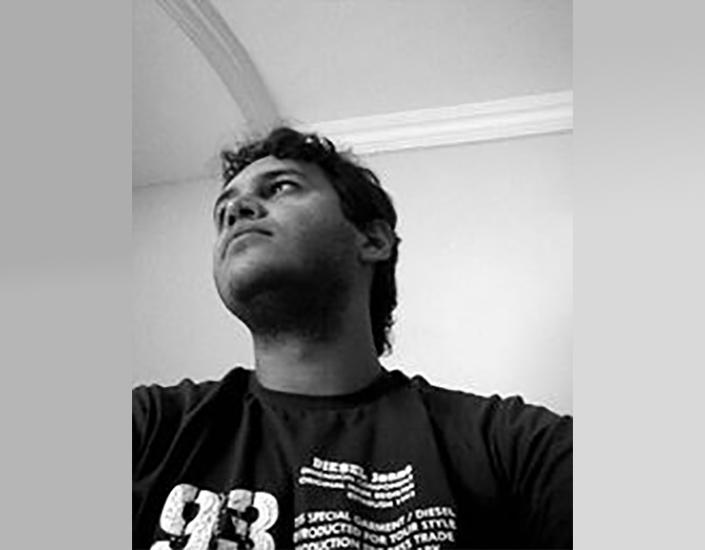 Thiago Nóbrega is a student in the
Thiago Nóbrega is a student in the 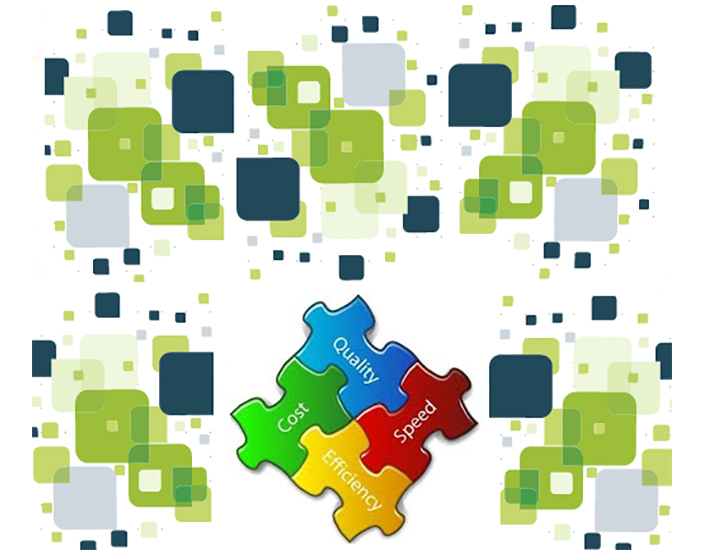
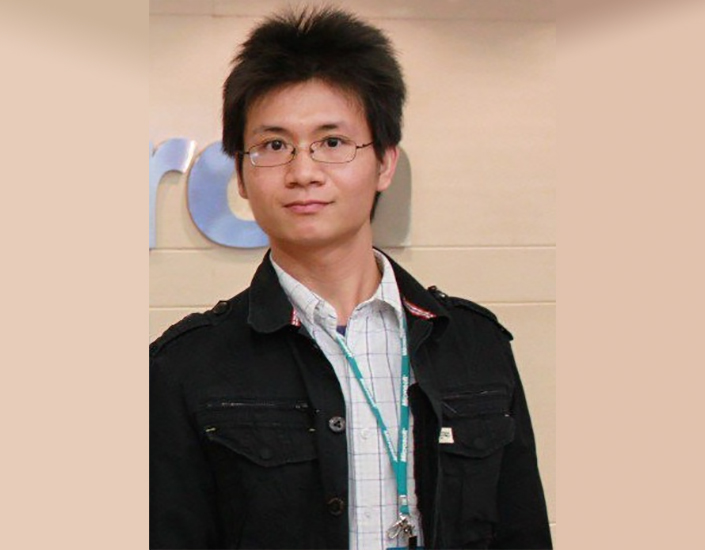 Ming Zeng is a Ph.D. student at Carnegie Mellon University. His research interests include machine learning, deep learning, human behavior modeling, and natural language processing. His work is primarily focused on deep neural networks (DNNs) for human activity recognition. The deep learning models used in his work mainly include convolutional neural networks (CNNs) and Long Short Term Memory (LSTM) with different architectures according to different applications. In addition, instead of treating the deep neural network as a black box, he is trying to interpret the features extracted from DNNs.
Ming Zeng is a Ph.D. student at Carnegie Mellon University. His research interests include machine learning, deep learning, human behavior modeling, and natural language processing. His work is primarily focused on deep neural networks (DNNs) for human activity recognition. The deep learning models used in his work mainly include convolutional neural networks (CNNs) and Long Short Term Memory (LSTM) with different architectures according to different applications. In addition, instead of treating the deep neural network as a black box, he is trying to interpret the features extracted from DNNs.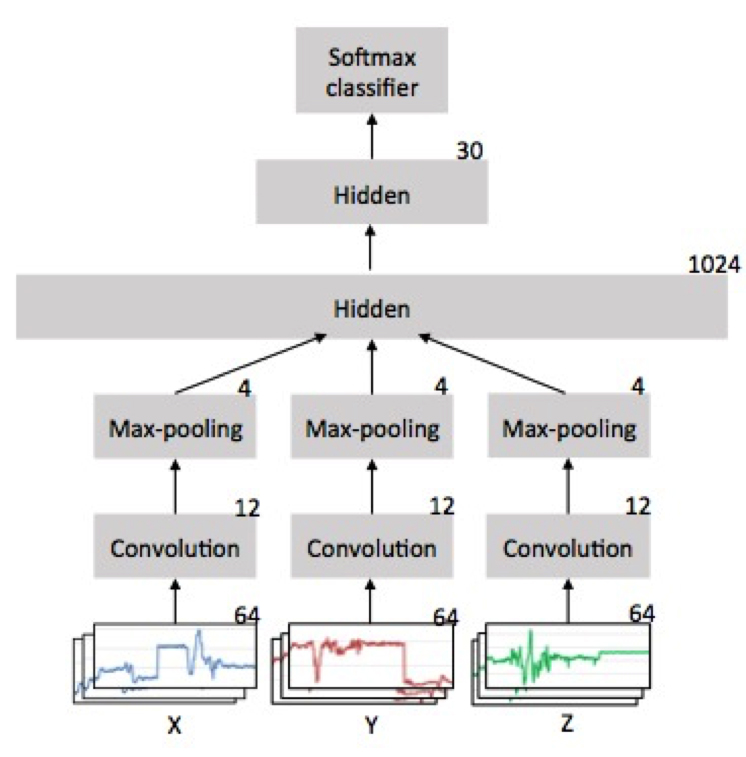
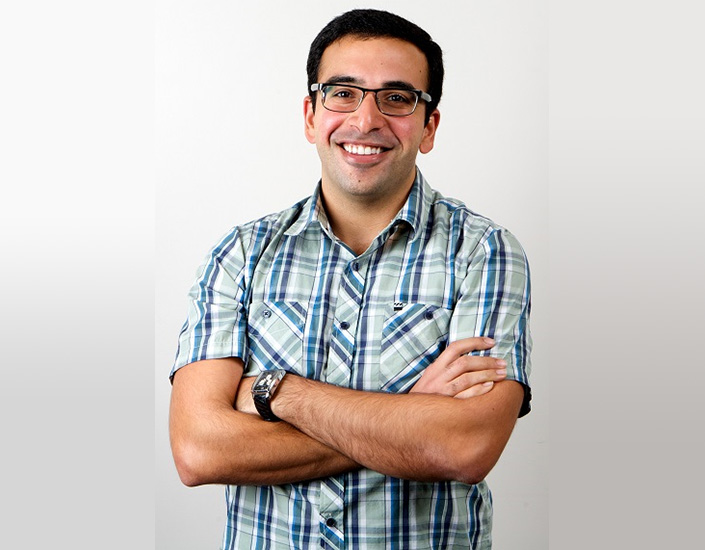 Nima is currently the Viterbi Fellow of Digital Medicine at the Scripps Translational Science Institute, where he is kick-starting new research and engineering efforts related to the use of wearable and passive sensing devices in healthcare. As the first engineer to be working on mHealth related efforts at STSI, he works closely with a team of physicians and statisticians across STSI and the Scripps Health hospital system to develop new technologies that address the needs of patients and physicians. He believes that patient collected data, from outside the clinical setting, will play a major role in ensuring that the future of medical care is both scalable and affordable. Reaching that point will require advances in sensing technologies, user-context recognition, energy-management, and machine learning. His research focuses on the development of new sensing devices (particularly those related to air quality and respiratory health monitoring) and analytical techniques for turning the data collected by phones, wearables, and in-home devices into actionable information for physicians and researchers.
Nima is currently the Viterbi Fellow of Digital Medicine at the Scripps Translational Science Institute, where he is kick-starting new research and engineering efforts related to the use of wearable and passive sensing devices in healthcare. As the first engineer to be working on mHealth related efforts at STSI, he works closely with a team of physicians and statisticians across STSI and the Scripps Health hospital system to develop new technologies that address the needs of patients and physicians. He believes that patient collected data, from outside the clinical setting, will play a major role in ensuring that the future of medical care is both scalable and affordable. Reaching that point will require advances in sensing technologies, user-context recognition, energy-management, and machine learning. His research focuses on the development of new sensing devices (particularly those related to air quality and respiratory health monitoring) and analytical techniques for turning the data collected by phones, wearables, and in-home devices into actionable information for physicians and researchers.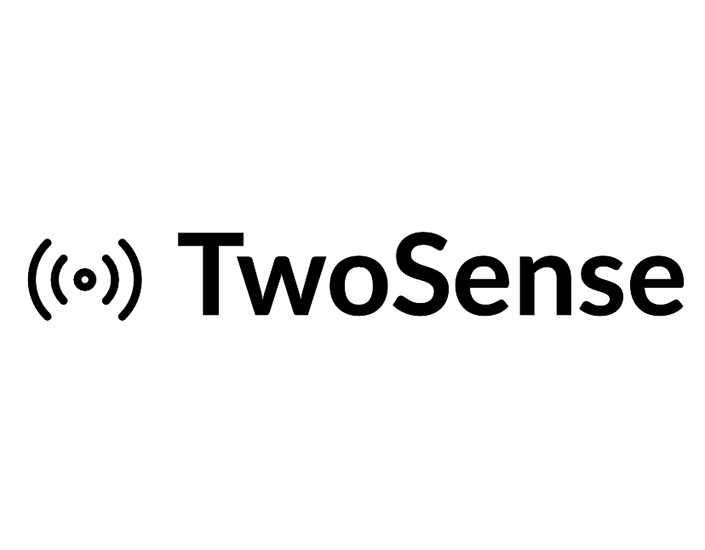 TwoSense was founded in 2013 by Dawud and Ulf, two researchers in the field of personal data analytics. They saw an imbalance in the quality and quantity of data that was available to large corporations, and the utility that was being offered to users from the majority of businesses they interact with.
TwoSense was founded in 2013 by Dawud and Ulf, two researchers in the field of personal data analytics. They saw an imbalance in the quality and quantity of data that was available to large corporations, and the utility that was being offered to users from the majority of businesses they interact with.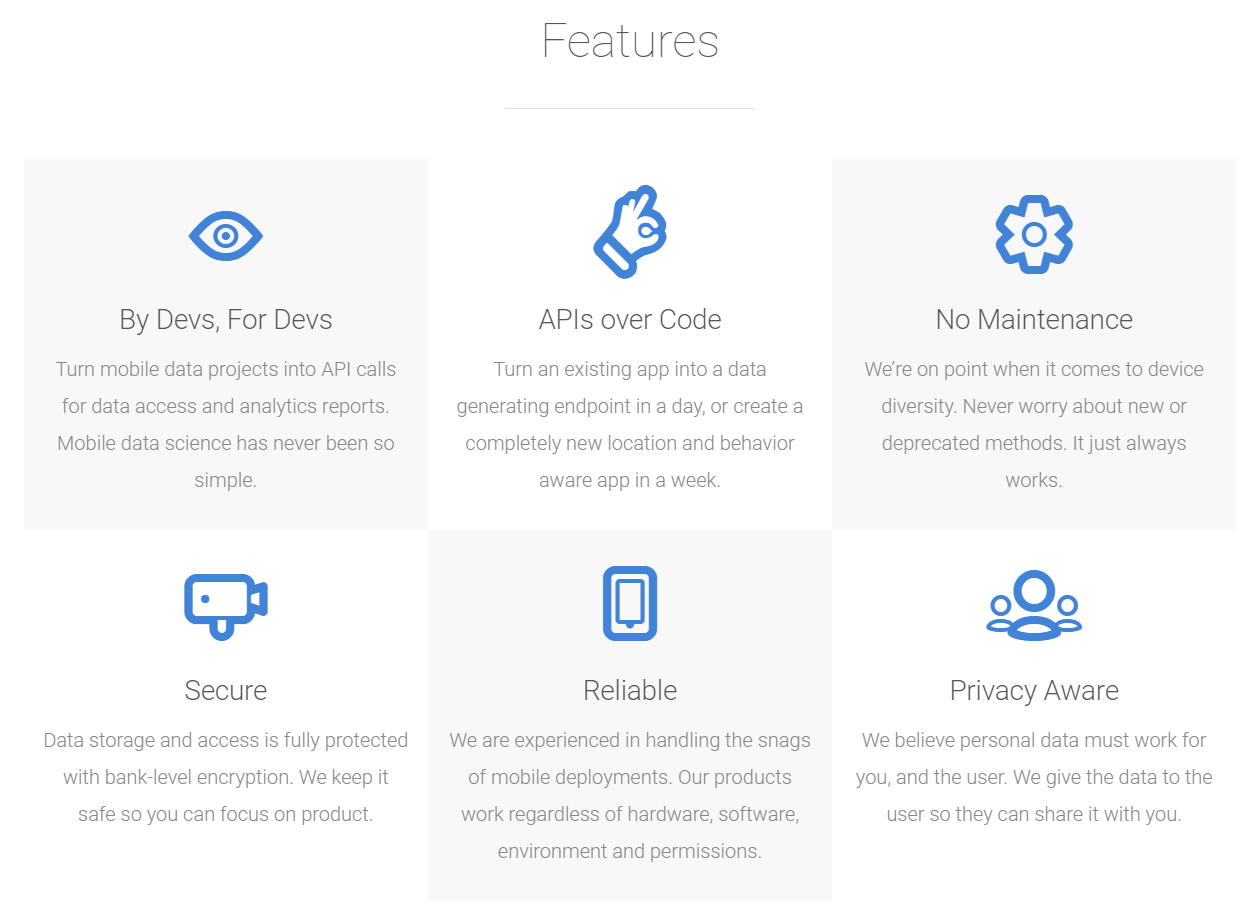
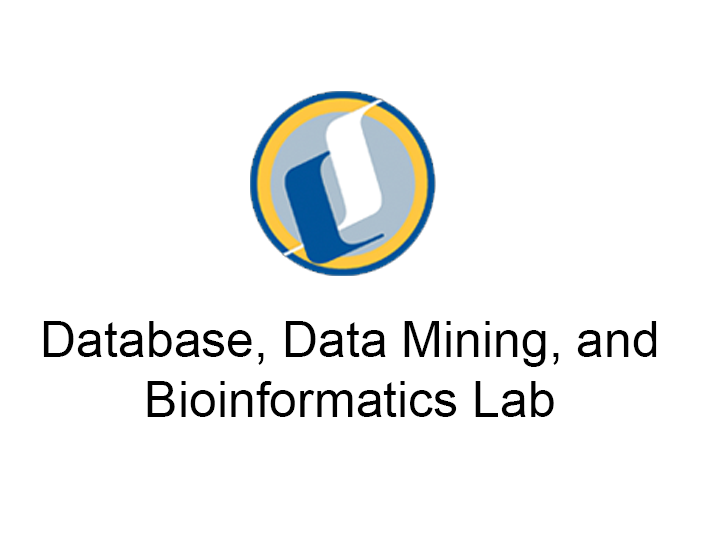
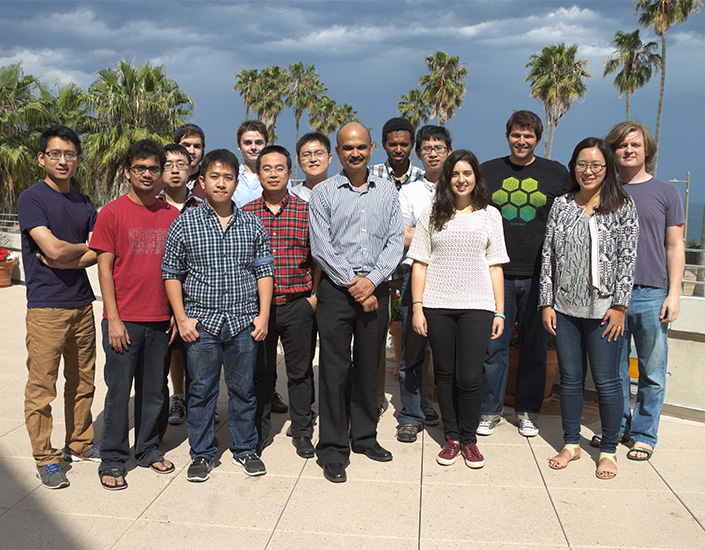 DBL will use the CrowdSignals.io data for academic research, studying the dataset from a network-based modeling perspective.
DBL will use the CrowdSignals.io data for academic research, studying the dataset from a network-based modeling perspective.
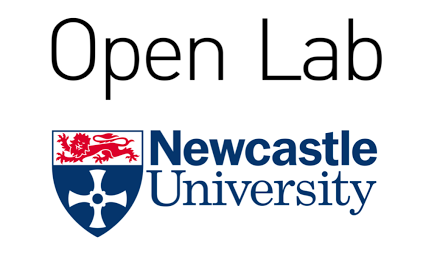
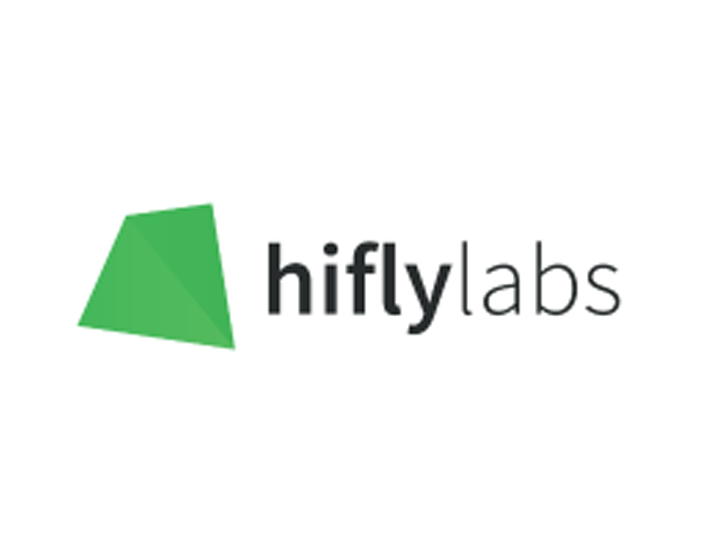 Hiflylabs is a company that provides Business Intelligence, Consulting, and Customer Development services. Based in Budapest, Hungary, they create business value from data. Hifly carries out BI projects in many areas, from data mining and data warehousing to the solution of Big Data problems. To expand their activity, they established a mobile application development department, which has become a reliable element of our skill set. They have extensive experience with the tools of well-known data warehouse and BI technology vendors, and we also use new generation open-source solutions in their projects.
Hiflylabs is a company that provides Business Intelligence, Consulting, and Customer Development services. Based in Budapest, Hungary, they create business value from data. Hifly carries out BI projects in many areas, from data mining and data warehousing to the solution of Big Data problems. To expand their activity, they established a mobile application development department, which has become a reliable element of our skill set. They have extensive experience with the tools of well-known data warehouse and BI technology vendors, and we also use new generation open-source solutions in their projects.
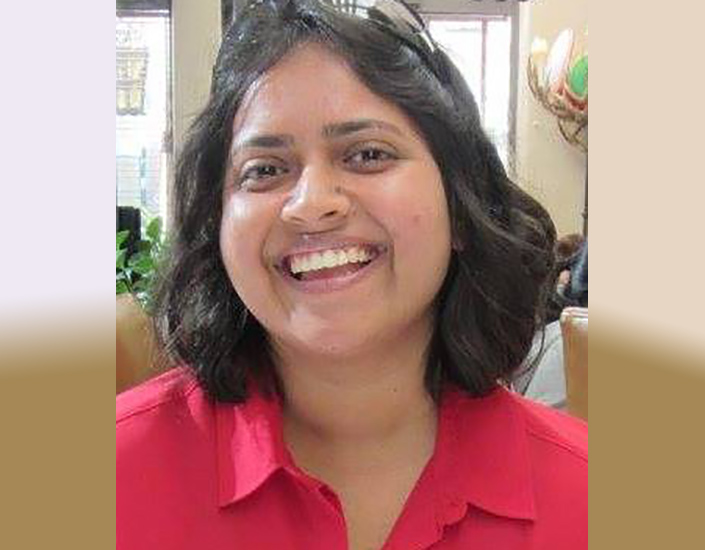 Rijurekha Sen is a post-doctoral researcher at Max Planck Institute for Software Systems, Germany. She generally works with mobiles and sensors to build applications related to road traffic monitoring, energy measurement and targeted advertising in the retail sector. The technical skills involved in her kind of work are smartphone programming and embedded systems design, sensor data processing using applied machine learning, wireless networking to connect sensors and backend servers and data visualizations on static and interactive maps. There are some logistic skills involved in deploying the systems that she implements, in collaboration with government organizations or startups. Recently, she is working on mobile data privacy to see if cool mobile applications can be supported, even after ensuring data privacy! She is also interested in auditing mobile services and apps created by third parties to measure their functionality and privacy properties as an independent researcher.
Rijurekha Sen is a post-doctoral researcher at Max Planck Institute for Software Systems, Germany. She generally works with mobiles and sensors to build applications related to road traffic monitoring, energy measurement and targeted advertising in the retail sector. The technical skills involved in her kind of work are smartphone programming and embedded systems design, sensor data processing using applied machine learning, wireless networking to connect sensors and backend servers and data visualizations on static and interactive maps. There are some logistic skills involved in deploying the systems that she implements, in collaboration with government organizations or startups. Recently, she is working on mobile data privacy to see if cool mobile applications can be supported, even after ensuring data privacy! She is also interested in auditing mobile services and apps created by third parties to measure their functionality and privacy properties as an independent researcher.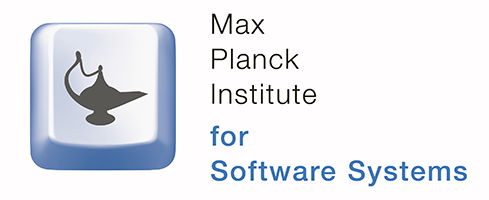
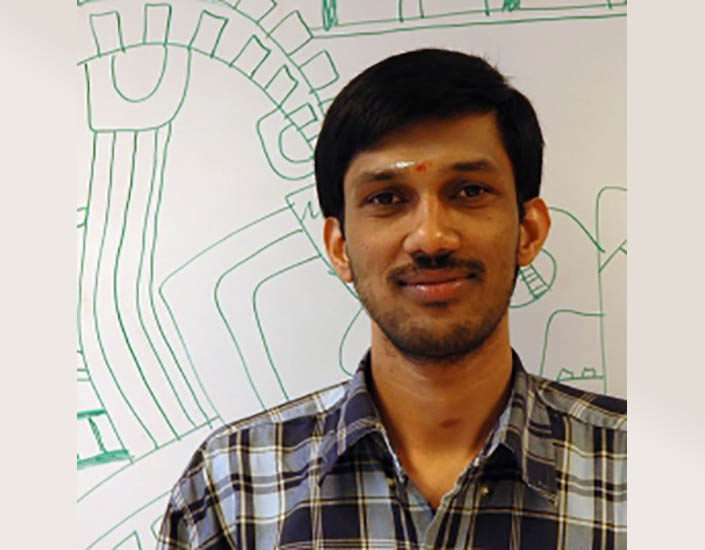 R Venkatesha Prasad is an Assistant Professor at TU Delft where he has been supervising Ph.D. and M.Sc. students and teaching courses. His work at TUDelft has resulted in 180+ publications and he also contributes to the academic community by reviewing and organizing conferences and workshops as well as by leading technical committees and memberships for standards boards. He is a senior member of ACM & IEEE.
R Venkatesha Prasad is an Assistant Professor at TU Delft where he has been supervising Ph.D. and M.Sc. students and teaching courses. His work at TUDelft has resulted in 180+ publications and he also contributes to the academic community by reviewing and organizing conferences and workshops as well as by leading technical committees and memberships for standards boards. He is a senior member of ACM & IEEE.